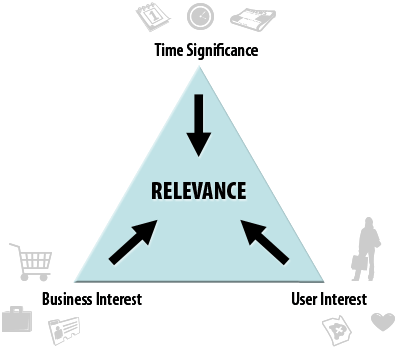1. 3 Angles to Create Magnetic Content with the Triangle of Relevance
http://www.convinceandconvert.com/content-marketing-2/3-angles-to-create-magnetic-content-with-the-triangle-of-relevance/
Before diving into content planning, consider the Triangle of Relevance approach: “a content strategy principle incorporating three angles – business interest, user interest, and time significance – to maximize relevance and magnetize content, creating user action.”

2. 12 Tips for Keyword Selection to Guide Your Content Marketing SEO
http://contentmarketinginstitute.com/2013/01/keyword-selection-content-marketing-seo/
A short checklist that you can reference to keep support your SEO efforts when creating any piece of online content.
3. A Checklist for Measuring Your Content Marketing Success
http://contentmarketinginstitute.com/2012/06/checklist-for-measuring-marketing-success/
What is success in content marketing? It’s not just about the influence you create through the content you produce, but you should also look into other factors such as consistency of your content marketing efforts, style / voice, organisational efficiency, internal drive for progress rather than complacency, etc.
4. Why Privacy Matters Even if You Have ‘Nothing to Hide’
http://chronicle.com/article/Why-Privacy-Matters-Even-if/127461/
Written two years ago but resonates loudly today in light of recent privacy rights concerns and PRISM.
5. Don’t Shortchange Framing the Question
http://www.huffingtonpost.com/tom-hulme/tip-1-dont-shortchange-fr_b_3426205.html
The importance of asking the question first before thinking of the solution — it’s a cliche in presentations and blogs, but not in practice. Many organisations still give too little time to framing the question when searching for solutions. A good analysis of the problem requires the proper formulation of the question to be answered. A problem may be formulated in different questions, which will lead to different solutions. “The wording and tone of the question matters — if you ask the wrong question you’ll get the wrong solution, but so many of us spend a tiny fraction of our time framing the questions we’re asking and even less time re-evaluating them over time.”
Leave a Reply